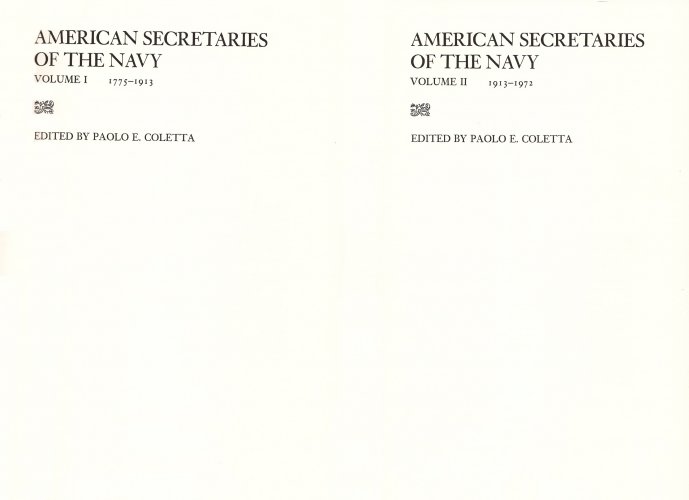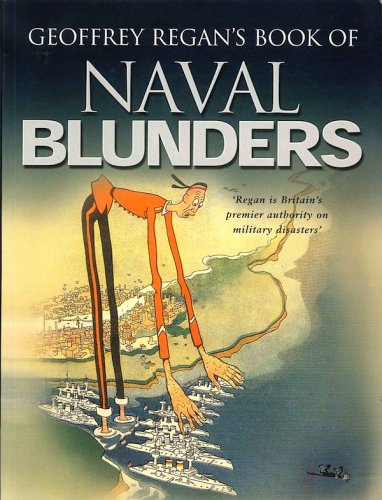American secretaries of the Navy 1775-1972 - 2 volumi
American secretaries of the Navy 1775-1972 - 2 volumi
- Disponibile in 48 ore
- Possibilità di reso entro 10 giorni lavorativi
- Transazione sicura con carta di credito, Paypal o bonifico bancario
- Spedizione tracciata con SDA
This study presumes to be neither a text nor an operational history of the United States Navy. Rather it seeks to bring into proper perspective the men and measures responsible for the administration of the Navy, for making it or keeping it an adequate instrument of national power. It deals with more than the decisions and efforts that provided the men and materials needed to win battles and wars, for during most of its history the United States Navy has been at peace. It encompasses all the myriad factors that compose "sea power." Since the Navy often worked with the land and air forces, its relations to the other military arms are considered. Since the Navy is but one recipient of budgeted funds, military-civilian relations are not overlooked. And since the Navy has been a decisive factor in the formulation of American foreign policy or in turn has been greatly affected by such formulation on the strictly diplomatic level, its impact upon foreign policy and the impact upon it of foreign policy naturally play a large part in its development. While a basic outline is followed by each author, no attempt has been made to restrict the story to the outline or to deny the writer free use of his treatment and style. All deal with at least the following topics: 1) a short biographical sketch of each secretary, including his political career, if any, and the reasons for his appointment; 2) problems facing the secretary when he assumed office; 3) the degree of success in his resolution of problems; 4) administrative competence and plans for departmental reorganization, if he had any; 5) the influence of domestic policy, foreign policy, strategy, and tactics on naval administration; and 6) a summary of achievements in both operational and administrative fields. In dealing with how a secretary attempted to solve his problems, the writers include his relations with the president, members of the cabinet, the other military services, and the public. In handling plans for reorganization they stress domestic needs, overseas requirements, and aid to allies. And with respect to the actual administration of the Navy they deal with at least man-power, training and education, ships, armament, logistics, naval aviation, the Marine Corps, research, the Reserve components, and the impact of nucleonics. Each author acknowledges any aid received from others in "The Contributors" section. This is not an official U. S. Navy history. In the essays on secretaries of the Navy who served after passage of the National Security Act, 1947, the opinions or assertions expressed therein are the personal ones of the authors and do not necessarily reflect the views of the Department of Defense.









